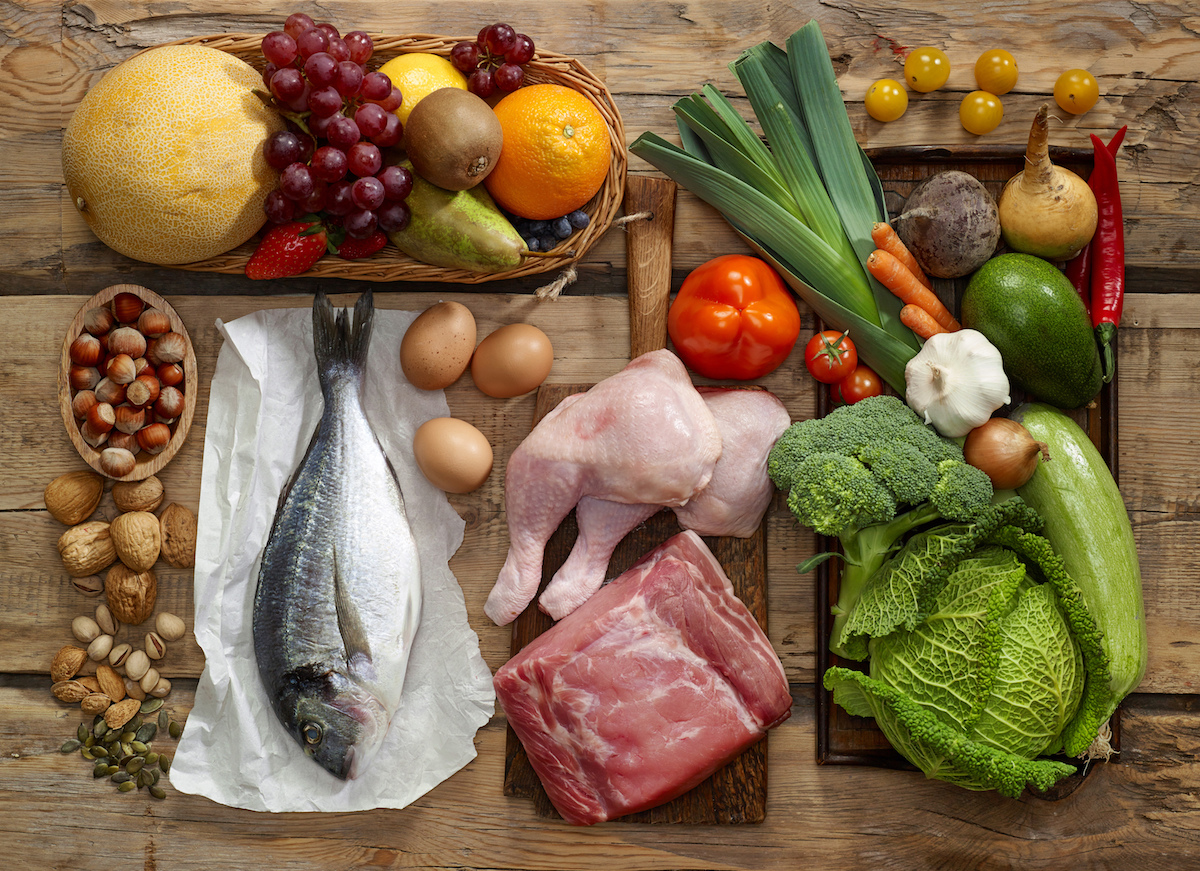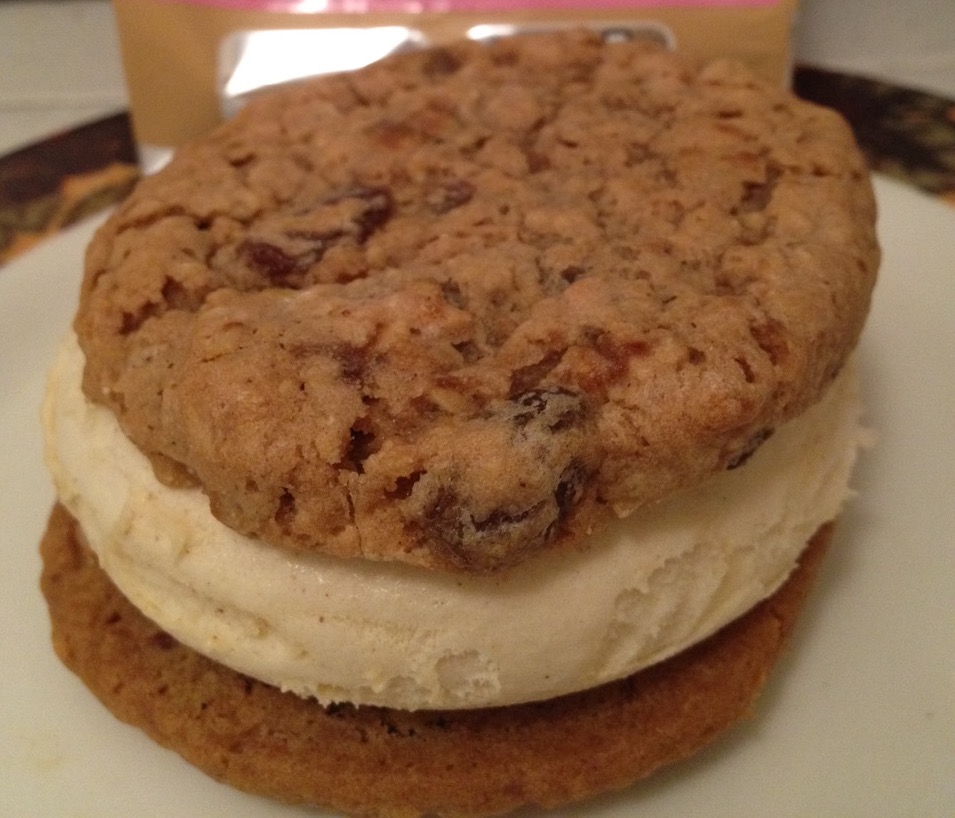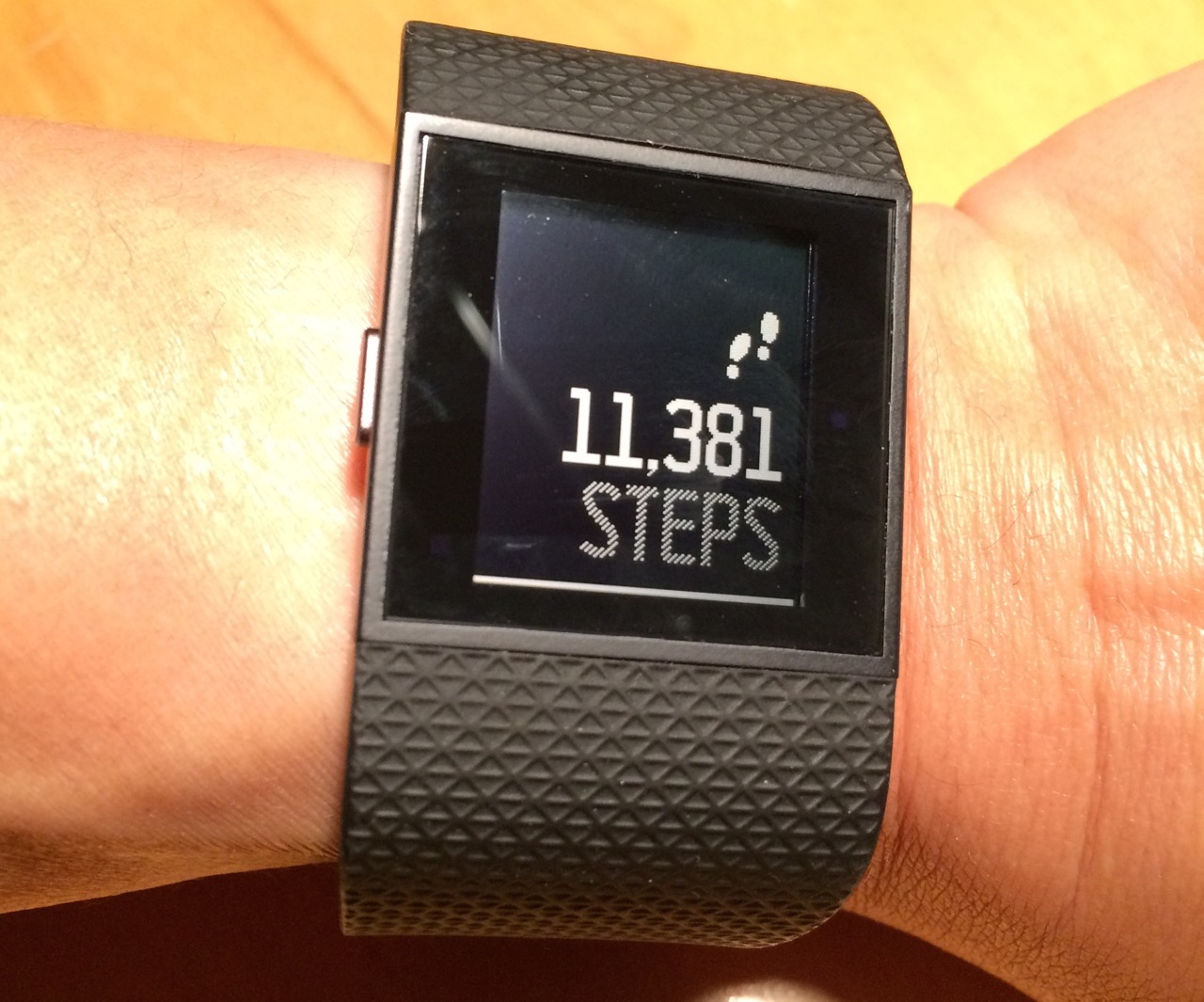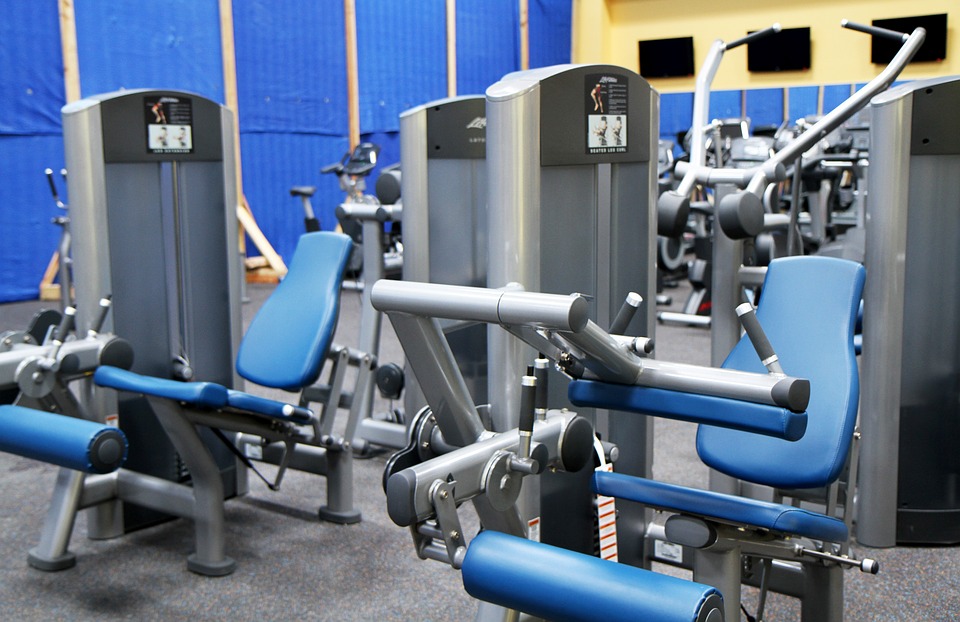A lot of diet and health tips focus on the things you should be doing to lose weight or be in better shape. Join a gym. Drink this breakfast shake every morning. Follow this G75-Z regime for 9 weeks.
There's certainly good sense in a lot of that advice. But I also think it's possible to make your health regime too complicated with too many things to follow and remember and schedule. Eventually, all that is going to break down. It's just inevitable.
So I try and follow simpler steps and guides that hopefully I can keep doing for the rest of my life. You can read some of the current things I'm doing here.
Just as importantly, there are things I DON'T do that make my diet and health regime simpler and more sustainable over the long run. Here are some of the common diet and health activities that I purposely don't do:
1. Don’t Count Dietary Calories
I don't believe in keeping a tally of the calories of the food I'm eating. I just find it's too hard to do given the wide variety of foods I eat, from a wide variety of sources. I used to use the Weight Watchers app to try and track all my meals and snacks. It had nice little drop-downs that gave you approximate calorie or point values based on common foods. But they were all calculated based on national chain restaurants, which is like the last place you would find me eating, or national brands of food products, which I don't buy.
Also counting calories makes the assumption that all calories are equal, which health professionals will tell you is patently false. You can eat a box of Oreos and get the equivalent calories to a plate of quinoa and baked chicken.
Instead, I just make sure that I'm putting into my body the things I believe that my body needs the most, and allow my body to self-regulate and tell me when I've eaten enough. Lots of protein, veggies, and nuts. Some cheese and whole grain carbs. A little fruit and as little processed sugar as possible. That's it.
I think this neuroscientist Michael Graziano is on the right track when he writes about how your body already has natural mechanisms to ensure that you are getting the nutrients you need. As he writes:
The intellectual, conscious mind is not really good at these matters of regulating the internal environment. It’s better to leave the job as much as possible to the dedicated systems that evolved to do it. What you can do with your conscious mind is to set the general parameters. Put yourself in a place where your automatic systems can operate correctly.
2. Don't Ban Sweets
Or anything really. I don't believe that vowing to NEVER eat something (for health reasons) is a good idea. When you say "I will never eat another brownie again," you are elevating brownies into the forbidden food category. It never leaves your consciousness. And when you encounter one, which you inevitably will, you will feel it drawing you to it. And when you are in a moment of weakness, say after a bad breakup or a lousy day at work, you will head straight for a brownie binge.
I find it much better to contain your junk food desires to one cheat day a week. That way, you can exercise a little willpower when you encounter that sweet treat by telling yourself that you can have it, ON YOUR CHEAT DAY.
Now I can encounter an entire tray full of fresh croissants, give them an enthusiastic smell, and walk away knowing that I only have to wait a few days till I can eat all of them that I want.
3. Don’t Go on Crash Diets
I'm very biased against crash dieting. While it might shed a few pounds in the short term, it isn't healthy and certainly not sustainable over the long term. Crash dieting is a good way for your weight continue to increase and your overall health get worse by stressing out your body. According to another neuroscientist Sandra Aamodt, dieting is a good predictor of general weight gain, not loss, over time.
When I try out food restrictions, I always think about how sustainable is this over a long period of time. If I only eat fish, will I start to crave chicken? Of course I will. If I only have a diet shake for lunch, will I want something different in a month? Absolutely. So I don't even go there.
4. Don’t Count Steps
There are lots of apps and devices that help you count steps, and encourage you to make step goals for each day. Perhaps it helps some people to be more active and meet their health goals. But I'm just not convinced that step counting is the best measurement of healthy activity. Maybe someone can show me the scientific data that supports this.
No, I count calories, instead.
I know, I just wrote that I don't count calories. But that had to do with what I eat. For activity, I think calorie counting makes sense, since that is the closest measurement of how much energy you are expending during the day. And it's super easy to do.
I use a Fitbit Surge smartwatch, which is a relatively cheap albeit clunky device that calculates your calories burned throughout the day, based on your heart rate and level of activity. It works in the background without me having to do anything. And it alerts me when I get to my target calorie goal.
5. Don’t Workout Every Day
Okay, I have to admit that I do exercise nearly every day. But I don't do an explicit "WORKOUT" every day. I think if I had to go to the gym every day to stay healthy I would just rather be fat. I find gyms demoralizing, sad, sweaty places, in general.
I run every other day or so. I like being outdoors and getting in touch with my body, my legs, feet, knees, back, shoulders, everything. It feels fine, but I don't want to do it every day.
I dance as many days a week as possible. Mostly lindy hop and house nowadays, but also hip-hop, soul, pretty much anything with a groove. I hardly consider that exercise, but just a way to move in the world.
I love to ride my bike, and would do it everywhere, all the time, if it was convenient.
Those are my things. You need to find your thing that is just a part of your life, keeps you moving, and engages you with the larger world and your community.
Last Word
Standard Disclaimer: This is just what has worked for me, over the past couple of years of trial and error. If your way works for you, and your doctor approves, go for it. I wish you all the best in your quest for healthy living.



